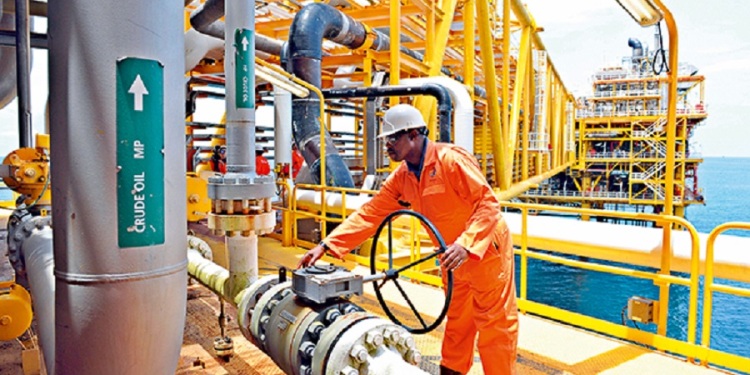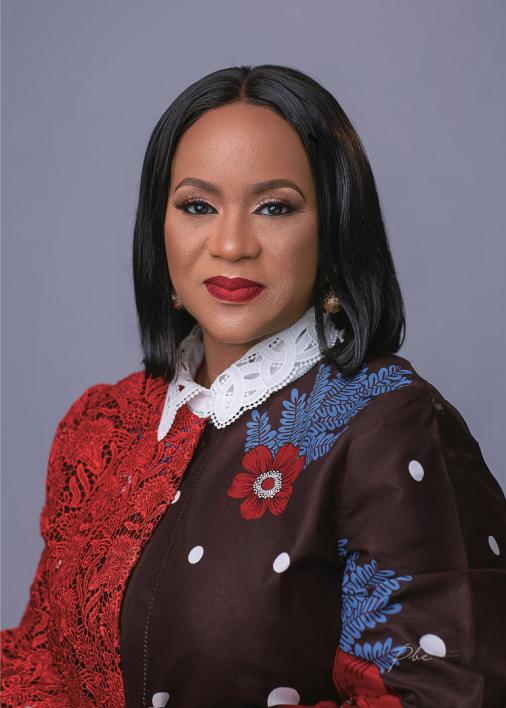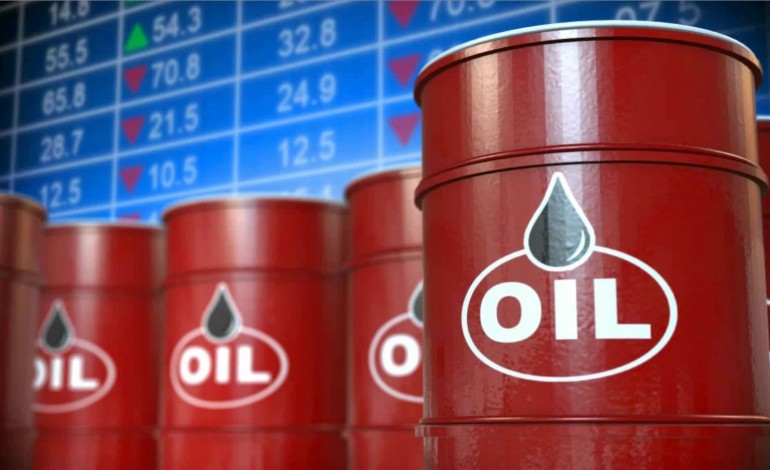The Nigerian oil and gas industry was totally sidelined by foreign investors in Q2 2023 for the first time on record, as the once lucrative sector attracted no capital inflow in the review quarter.
This is according to analysis of data from the National Bureau of Statistics (NBS).
Nigeria recorded a total of $1.03 billion as capital importation in Q2 2023, slightly lower than the $1.13 billion recorded in the previous quarter, which is also 32.9% lower than the $1.54 billion recorded in the corresponding period of 2022. It is also worth noting that the Q2 2023’s figure is the lowest since the second quarter of 2021.
A further breakdown of the data from the NBS indicates that most of the foreign inflows during the period came into the country as loans, accounting for 74.9% of the total capital import. Meanwhile, foreign direct investment which was $86.03 million accounted for 8.4%, while foreign portfolio investment with $106.85 million accounted for 10.4% of the total.

Investment apathy
Nigeria has endured significant pushback from foreign investors in recent times, evidenced by the recurrent declines in capital importation numbers. A development that has had severe implications for the general economy as FX illiquidity continues to drive exchange rate depreciation.
- A more troubling statistics however is that lack of investment in the Nigerian oil and gas sector, which is a major sector accounting for about 6% of the economy and a major source of government revenue.
- Notably, the sector attracted no investment from foreign investors in the review quarter. A list that was led by the manufacturing sector with $605.04 million, banking ($194.58 million), and shares with $68.63 million.
- Data from the Nigerian Exchange shows that foreign participation in the Nigerian stock market has crashed significantly. Year-to-date to September 2023, foreign investors only accounted for 9.51% of the total market activities, a decline from 16.3% recorded as of the same period of 2022.
Reforms yet to encourage foreign investments
In May 2023, President Bola Tinubu announced the full deregulation of the downstream oil sector, in line with the Petroleum Industry Act signed by former president Buhari. The announcement which is premised on the expectation of increased competition and investment in the local industry is yet to incentivise foreign investors towards the Nigerian oil sector.
- Instead, foreign investment in the sector has dwindled over the years and has worsened in recent times. Notably, international oil companies are divesting their operations from Nigeria to other neighbouring countries.
- Recently, Italian company, Eni agreed to sell its subsidiary Nigerian Agip Oil Company (NAOC), to Oando. Research by Wood Mackenzie, a British research and consulting firm, indicated that divestments by international oil firms in Nigeria amounted to £871 million since 2020.
- The deteriorating state of the FX liquidity in the country has deterred foreign investor participation in the Nigerian economy as several foreign investors are unable to repatriate their proceeds due to lack of foreign exchange.





















